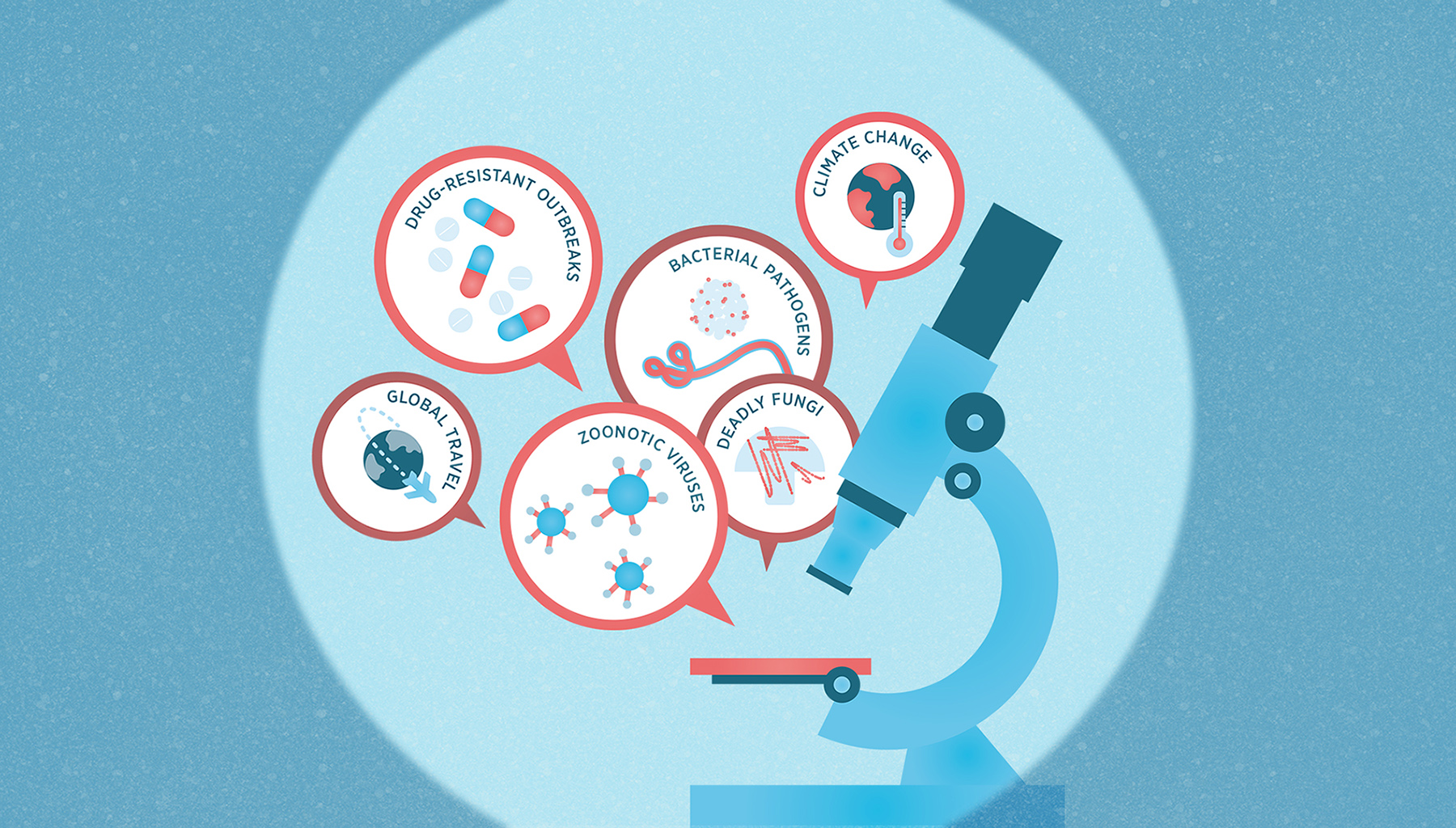
The window is closing on health security
This PPF members’ event was held under Chatham House Rule. No speakers have been named or quoted.
While Canada’s response to the pandemic was largely successful, the window to capitalize on lessons learned and to prepare for the next health security crisis is fading fast.
At a PPF members’ event to discuss the life sciences report The Next One: Preparing Canada for another health emergency attendees discussed the urgency around not losing the momentum gained during the pandemic, when there was a coordinated response and an unprecedented level of trust between players, from senior leaders in government to academic groups to industry.
A core recommendation of The Next One report is to create a new agency to oversee health security, with the authority to act quickly in an emergency. In addition to having a centralizing function, a new organization would be a focal point to keep the pressure on governments and remind people what needs to be done, members heard. The new organization, similar to America’s Biomedical Advanced Research and Development Authority (BARDA), could also report to the public on where there has and has not been progress.
As one attendee noted, health security is no longer the only game in town in terms of pressing policy priorities.
The event featured panelists Mark Lievonen, co-chair of the Life Sciences Forum and co-chair of COVID-19 Vaccine Task Force, and report author Christopher Waddell, Professor Emeritus, School of Journalism and Communication, Carleton University. It was moderated by Kathleen Gnocato, Vice-President, Strategic Engagement, Public Policy Forum.
The systems that were put together in a rush during the pandemic now need to become long-term processes and institutions, members heard.
Emergency planning and preparedness is one key area where work could begin immediately to bolster health security. That includes health data collection and putting in place systems so that data is available quickly.
Readily accessible health data has the added benefit of improving Canada’s attractiveness as a ‘best customer’ when securing critical supplies during a crisis. Suppliers and partners will want to see what happens during an emergency, and if their products (like vaccines, for instance) are working.
Canada also has a commercialization gap when it comes to scaling new solutions, like pharmaceuticals and medical devices. It needs to build a vibrant life sciences sector and ecosystem so we’re ready in the face of the next crisis, members heard. Given the uncertainty of what the next crisis will be, it is critical that Canada develop a competitive advantage, and become essential in global value chains.
Another key element that emerged was equity in the health security discussion. During the pandemic, some populations experienced more severe outcomes than others, and access to vaccines reflected a real disparity. Equity needs to be at the core of any new institution focused on health security.
The timing and nature of the next crisis are unknowable. What is certain is that another health emergency will come. Members heard about the importance of protecting new processes from the four-year political cycle. Participants would need assurances that new processes are not dismantled by a new government, and that funding will be there when the next crisis hits.
As one panelist noted, if Canada doesn’t act now and is caught flat-footed by another pandemic or health crisis, Canadians will be unforgiving.
Join our network of policy leaders across Canada. Become a PPF member.


